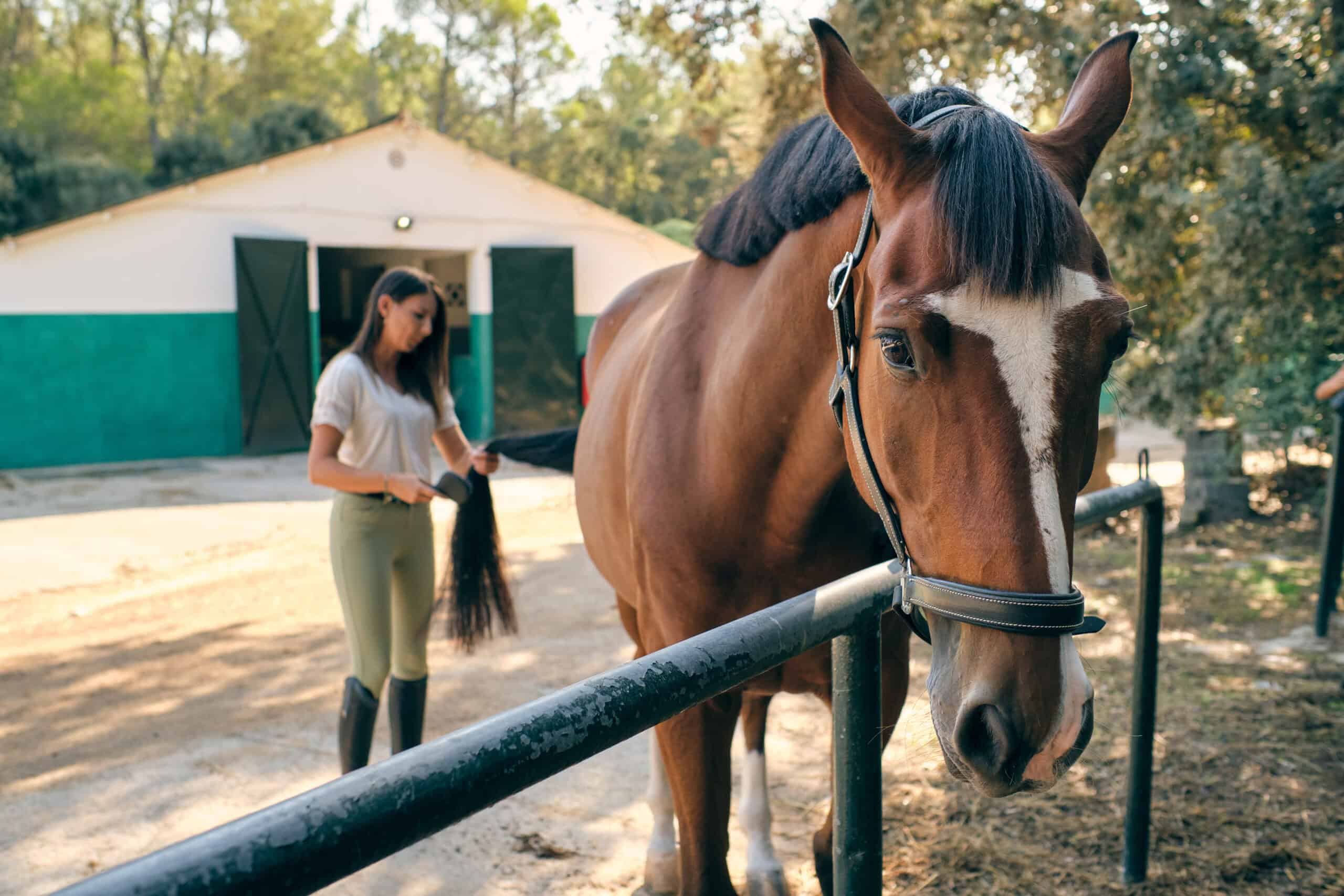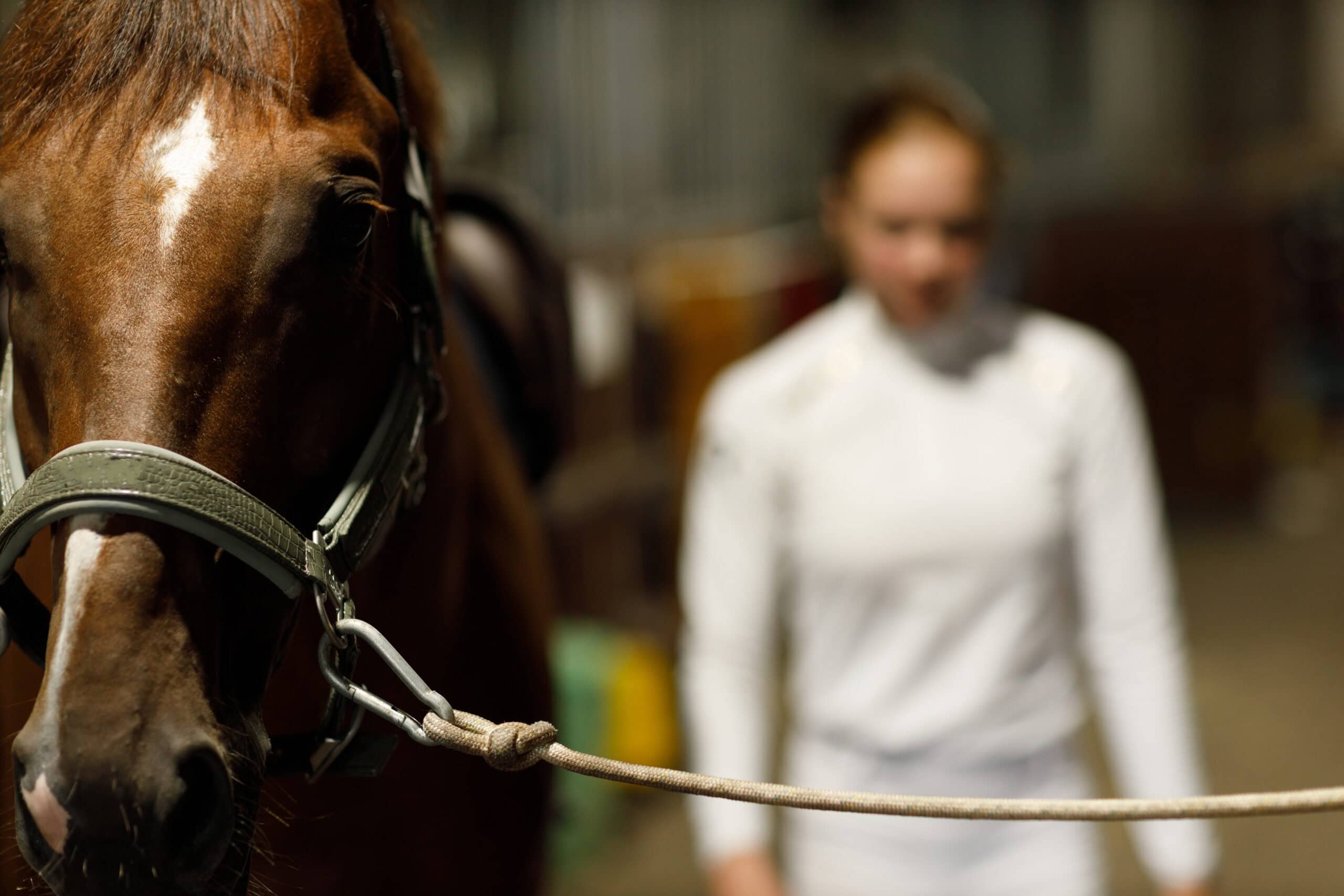Warning Signs of Problem Boarders
Whether it’s causing endless drama, not following barn rules or not paying bills, having a problem boarder can make life miserable for the boarding facility and other boarders.


By Rachel Kosmal McCart
Whether it’s causing endless drama, not following barn rules or not paying bills, having a problem boarder can make life miserable for the boarding facility and other boarders. Here are some warning signs that a potential boarder will be a problem.
1. They want to move in immediately.
Sensible horse owners think carefully about where they want to board their horses and plan ahead to secure a space at their preferred facility. So, when a potential boarder needs to move their horses right away, the reasons are usually a reflection on the boarder – they didn’t plan ahead, they didn’t budget appropriately, their current facility has given them the boot, or their current facility is closing, and they waited until the last minute to find a new facility.
2. Their current facility is breaking up with them.
Boarding stables generally don’t terminate contracts with good boarders. Instead, they give notice to boarders who don’t pay their bills on time, don’t follow barn rules, cause drama, have destructive horses, don’t get along with other boarders, or don’t ride or handle their horses in a safe manner.
3. Their current facility is “the worst.”
Just like a person who has a long history of failed relationships and complains bitterly about their ex, potential boarders who badmouth their current facility are likely to be dissatisfied with any facility, including yours. Chances are, it’s not the facility – it’s the boarder.
4. They’re a negotiator.
A potential boarder who tries to negotiate your boarding contract, your rates, your liability releases or anything else significant is signaling a lack of respect for you and your business practices. This kind of boarder tends to be entitled, impossible to please and disrespectful of staff and other boarders.
5. They’re bad at paperwork.
If it’s like pulling teeth to get a potential boarder to fill out your boarding application and contract completely and correctly, and return them to you in a timely manner, it will be just as difficult to get them to do anything else that requires any sort of attention to detail, such as following the barn rules or paying their board bill on time.
6. Their horses have specialized needs
If a potential boarder asks for services your facility doesn’t typically provide, such as administering complicated, labor-intensive feed regimens or managing a horse with behavioral issues, the boarder and their horse are likely to be high touch in every other respect, which will be a drain on your time and resources.
7. They seem to have more horses than they can afford.
A boarder with multiple horses is a big financial risk for a boarding facility, because if that boarder doesn’t pay, the facility is feeding multiple horses at its own expense instead of just one horse. But even a boarder with a single horse who doesn’t pay can be a big problem, particularly if they abandon the horse at your facility. So, if there are any signs a potential boarder might have more horses than money, a wise facility owner will politely decline to accept them, no matter how sad the potential boarder’s story is.
Share this article

Written by: Rachel Kosmal McCart
Rachel Kosmal McCart is a lifelong horsewoman and the founder of Equine Legal Solutions, PC, an equine law firm based in the Portland, Oregon area. Rachel is a member of the New York, California, Oregon and Washington State bars and is admitted to practice before the U.S. District Court for the District of Oregon and the U.S. District Court for the Central District of California. Rachel currently competes in three-day eventing.








